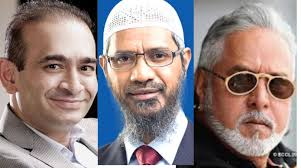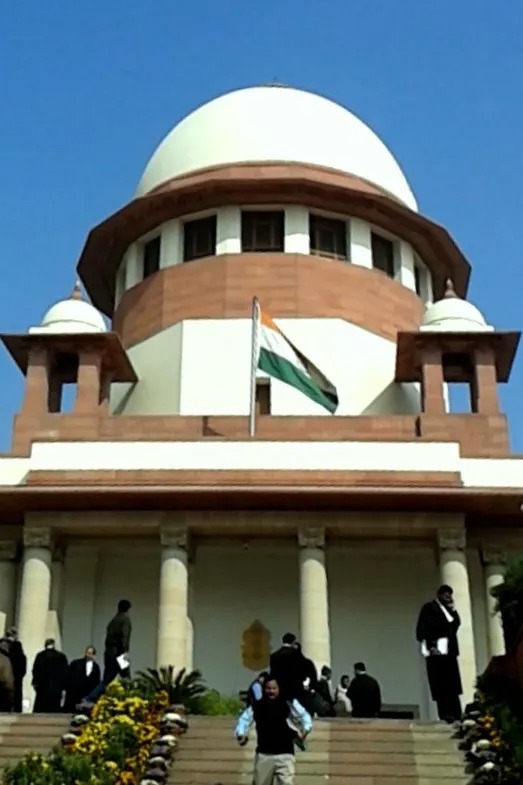Surya Kumar Tiwari, J.@mdashThis revisional petition has been filed against the order dated 20th September, 1995 passed by Shri B. Bhattacharyya, learned Judicial Magistrate, 4th Court, Burdwan, in Misc. Case No. 450 of 1985.
2. In brief, the facts of the case are that the opposite party No. 1 Smt. Tanushree Mukherjee is the lawfully married wife of the petitioner. The opposite party No. 1 filed an application for grant of maintenance. On 15.6.1985 the opposite party No. 1 filed an interlocutory application for grant of interim maintenance but the application was rejected by the learned Magistrate on 11.1.1986 on the ground that it was misconceived.
3. On 2.8.1986 she filed another application for grant of interim maintenance-but the same was not considered. Hence another application was filed on 22.6.1992.
4. The said application was rejected by the learned Magistrate on 14.4.1993 on the ground that ex-parte decree for divorce had already been passed by the learned Additional District Judge, Burdwan in Matrimonial Suit No. 89 of 1985 and the decree is still in force. Therefore, the petitioner as well as her daughter were not entitled to any interim maintenance.
5. As against the said order, the opposite party No. 1 challenged the order in Cr. Rev. No. 2445 of 1993. This Court disposed of the said petition vide order dated 6.11.1994 and held that a Criminal Court can still entertain an application u/s 125, Cr.P.C. and it cannot base its finding on the observations made by a Civil Court in the matrimonial suit. The Magistrate has to come to its independent finding irrespective of the ex-parte decree having been passed by a Matrimonial Court. Hence the order passed by the learned Magistrate on 20.10.1993 was set aside and the learned Magistrate was directed to hear the matter afresh and come to an independent finding on the basis of evidence as would be led by the respective parties.
6. The parties then led evidence. The petitioner was examined and xerox copies of certain letters were, also shown to her. She admitted that the originals of these documents are in her own hand. The xerox copies had been admitted in evidence and exhibits in the case.
7. The learned Magistrate refused to rely on the admissions made in the xerox copies filed by the petitioner on the ground that the originals have not been proved. The xerox copy of the letters (Exhibits 1, 2 and 3) contained admissions regarding voluntary desertions of the petitioner by opposite party. It also contains admission that the daughter was begotten by one Ramen and also that of adultery. The learned Magistrate held that the said case of adultery cannot deprive the wife from receiving maintenance from husband. The petition was allowed and an interim maintenance at the rate of Rs.500/-per month was granted. Hence this petition.
8. The first contention raised by the learned Counsel for the petitioner is that once the application for grant of interim maintenance was rejected on 11.1.1986 another application for same relief could not have been entertained.
9. It appears that on 11.1.1986, when the said application was rejected there was no legal provision for grant of an interim maintenance pending final adjudication of the application u/s 125, Cr.P.C. The applications for grant of maintenance came to be filed on the basis of the law laid down by the Supreme Court in case of
10. The next point urged is that since in the light of the decree of divorce, even if it is an ex-parte, the learned Magistrate was not entitled to grant maintenance. This point has already been decided by this Court in the earlier petition filed by the wife. It has also been laid down by the Supreme Court in case of
11. This third contention of the learned Counsel for the petitioner is that in view of the fact that the divorce decree has been complained on the ground that the wife is living in adultery and the adulterous relationship and desertions on her own accord had been admitted by the wife in her letters (Exhibits 1,2 and 3). Hence the learned Magistrate was not justified in allowing the application.
12. It is natural that the originals of Exhibits 1, 2 and 3 have been filed in the matrimonial suit. Therefore, the originals could not be filed before the learned Magistrate. It may also be noted that the application for grant of interim maintenance was a summary enquiry and no elaborate enquiry was contemplated. Only a prima facie proof of neglect to maintain and the entitlement of wife to get maintenance had to be considered. The Supreme Court specifically laid down in Savitri''s case (supra) that the Magistrate shall pass an order of interim maintenance on the basis of affidavits. Hence the Magistrate could not insist on production of the original documents in a summary enquiry. It is painful that even after a lapse of more than 10 years, a proceeding of summary nature u/s 125, Cr.P.C., is still pending in the Court. By this time, the learned Magistrate could have disposed of the proceeding finally. I, therefore, find that on the basis of fact that a divorce decree was passed on the ground that the Opposite Party No. 1 was living in adultery and in view of the letters alleged to have been written by the opposite party No. 1 in which admissions have been made regarding desertion on her own accord and her living in adultery, the petitioner was not entitled to interim maintenance. It must, however, be made clear that these findings are purely tentative and the points are required to be gone into afresh deciding the main application u/s 125, Cr.P.C., on the basis of first evidence.
13. The petition is, therefore, allowed. The ground of interim maintenance is hereby set aside and the learned Magistrate is directed to dispose of the main application after recording evidence of parties preferably within three months from the date of receipt of a copy of this order. The interim order is vacated.

